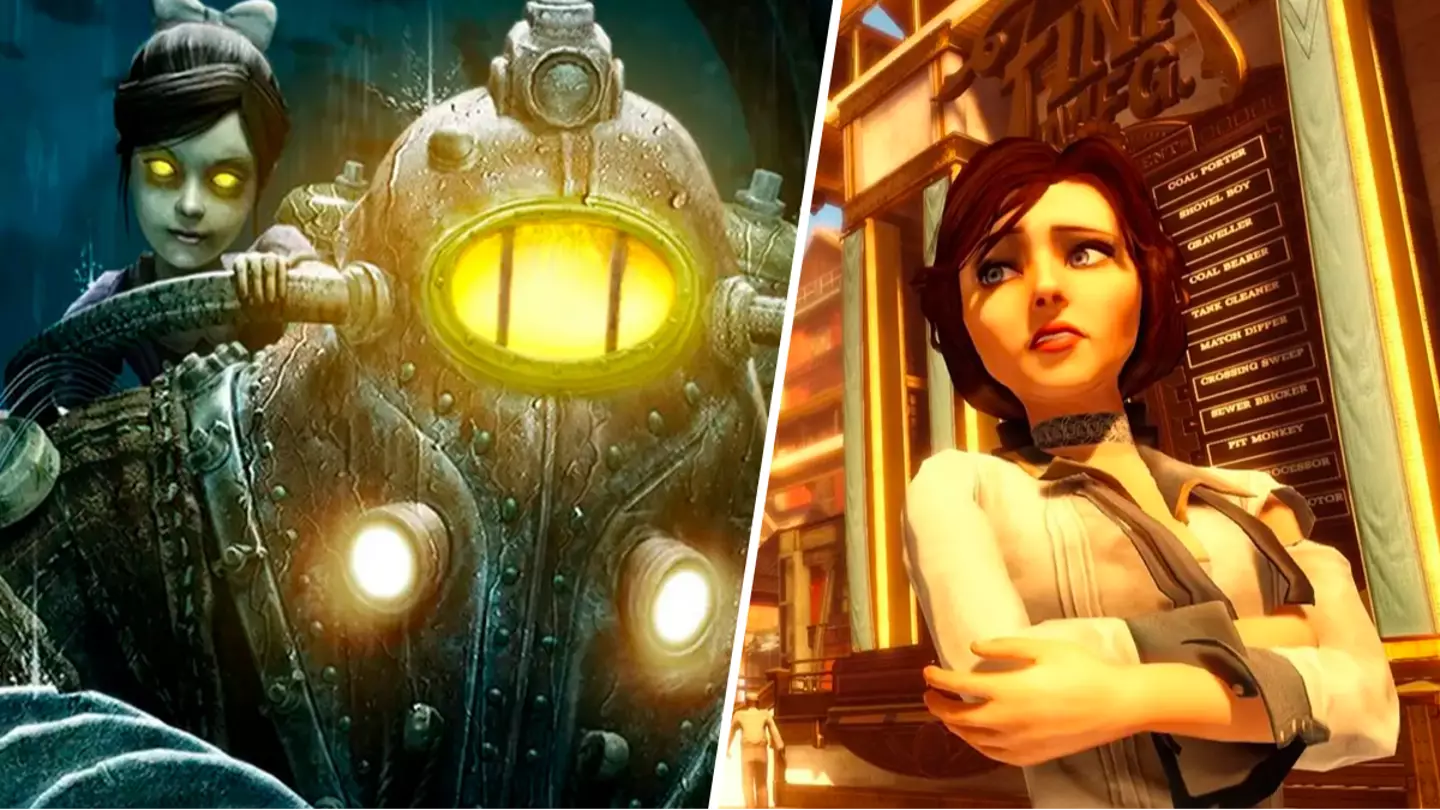The BioShock series stands as a monument in video game history, celebrated for its intricate narratives, unique settings, and profound philosophical undertones. From the submerged dystopia of Rapture to the sky-bound marvel of Columbia, each installment has left an indelible mark. Anticipation for a fourth main entry, currently referred to as BioShock 4, has been palpable since its announcement. However, the journey to its release appears to be as mysterious and complex as the worlds it aims to depict.
The Elusive Horizon: Awaiting BioShock 4
Announced in December 2019, BioShock 4`s official unveiling was concise, confirming its existence but offering scant details. Publisher 2K and developer Cloud Chamber indicated a multi-year development cycle. As of 2025, concrete information remains notably scarce. Despite the franchise`s impressive sales figures—over 43 million copies across three titles, with each receiving at least one “perfect” review score—the next chapter remains shrouded in secrecy. There has been no release date, no pre-order availability, and critically, no trailer to ignite the fervent fanbase.
Industry speculation suggests a multi-platform release on PC, PlayStation, and Xbox consoles, following the precedent set by previous multi-platform BioShock titles. Yet, even fundamental elements such as the game`s setting, overarching story, and central characters are under wraps. The narrative depth and philosophical weight have always been hallmarks of the series, leaving fans eager for insight into what new societal constructs or ideological conflicts might be explored. The only technical clue publicly available is the mention of Unreal Engine 5 in Cloud Chamber`s job listings, hinting at a modern visual fidelity consistent with the latest generation of game development tools.
Cloud Chamber: The Architects of Uncertainty
Unlike its predecessors, BioShock 4 is being forged by Cloud Chamber, a relatively new 2K studio with offices in San Francisco and Montreal. Described as a “collective of storytellers eager to push the frontlines of interactive entertainment,” Cloud Chamber inherited the monumental task of continuing a beloved franchise without its original visionary. Global Studio Head Kelley Gilmore, a veteran with experience on franchises like Civilization and XCOM, initially led this ambitious endeavor, emphasizing a commitment to diversity in both studio composition and creative thinking.
However, recent reports have introduced a significant tremor into this development narrative. On August 1, it was revealed that Gilmore was reportedly “ousted” from her leadership role following a “failed” internal review of BioShock 4 by 2K Games executives. Specifically, the narrative elements were cited as requiring substantial re-evaluation. This internal setback highlights the immense pressure associated with revitalizing a franchise renowned for its storytelling. Adding to the intrigue, a planned remake of the original BioShock game was also reportedly canceled earlier this year, suggesting a broader strategic recalibration within 2K concerning the franchise`s immediate future.
Ken Levine: The Original Visionary`s Separate Path
A notable absence from BioShock 4`s development is series creator Ken Levine. Having stepped away after BioShock Infinite, Levine has maintained his distance, stating unequivocally in 2022 that he is “not involved at all” with the new game. His perspective is clear: “I don`t want to do half measures. I never want to be half in, half out. I wish them the best.” This detachment is not born of disinterest in game development, but rather a focus on his new venture, Ghost Story Games (formerly Irrational Games).
Under Ghost Story Games, Levine is pioneering a procedurally generated roguelite title called “Judas.” He describes it as “pseudo-procedural,” where pre-built elements are intelligently assembled to create dynamic levels and stories that react to player actions. This approach reflects Levine`s continued fascination with emergent narrative and replayability, illustrating a creative path distinct from the linear, narrative-driven experiences of BioShock.
Beyond the Game: The BioShock Cinematic Universe
While the game`s future remains nebulous, the BioShock franchise is expanding its reach into other mediums. Netflix is actively developing a BioShock movie, with Francis Lawrence, known for his work on “The Hunger Games,” attached to direct. Despite earlier production upheavals at Netflix, the project is confirmed to be moving forward. Actors, such as Jack Quaid of “The Boys” fame, have publicly expressed their eagerness to participate, signaling the widespread appeal and cultural impact of the BioShock universe beyond gaming consoles.
Awaiting the Next Chapter
The journey of BioShock 4 is a fascinating study in the complexities of modern AAA game development. Plagued by extreme secrecy, internal leadership changes tied to critical reviews, and the distinct absence of its original creator, the game`s path forward is anything but straightforward. While fans patiently await any concrete reveal—a trailer, a release window, or even a glimpse of its setting—the enduring legacy of BioShock continues to fuel anticipation. Whether Cloud Chamber can navigate these challenges and deliver a worthy successor to such an iconic series remains one of the industry`s most compelling unanswered questions.

